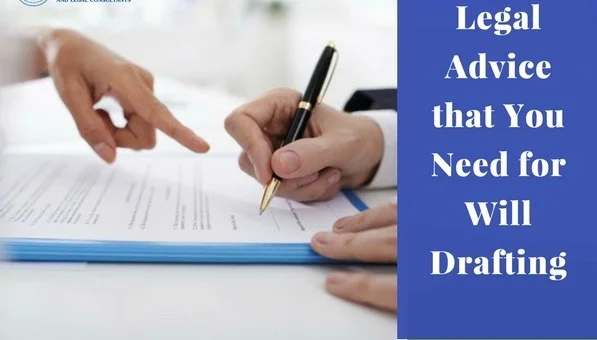WHO ARE THE TYPE OF PEOPLE THAT CAN WRITE A WILL
In writing a valid will, the testator (the person making the will) must meet the following requirements:
AGE: Only an adult can make a will. Such an adult must have attained the age of 21 years under the Wills Act or the age of 18 years under the Wills Law of Lagos State. Anyone that falls below the age of 18 or 21, as the case may be, lacks the capacity to make a valid will in Nigeria.
MENTAL CAPACITY: A person making a will must possess a sound mind. The testator must have a sound disposing mind at the time he gives instructions and at the time the will is executed. There must be no infirmity or lunacy of any sort, no matter how slight. Therefore, in making a valid will, the testator must understand the nature of the acts of making a will, the extent of his property, the objects of his bounty and the manner of distribution.
How to Make a Valid Will in Nigeria
There are conditions which must be met in making a valid Will under the Wills Act. Making of Wills under customary laws and the Islamic law have their own systems, which are different from the statutory provisions.
To be valid under Nigerian Law, a Will must:
Be in writing. The most preferrgb(255, 0, 0) format is one typing it and printing as there can be mistakes with writing by hand. For it to be binding, the testator must put it into writing
Be written by a testator above the age of 18 and with sound mind at the point of writing. The testator must be 18 years of age and above and must show that he is sane at the moment of making the Will and that he understands the action he is taking. Section 7 of the Wills Act
Be made voluntarily, without any expression of duress, undue influence, and/or fraud.
Ensure the testator acknowledges his signature in the presence of two (2) witnesses who must be present at the same time.
- The witnesses must sign the Will in the presence of the testator. It is important to note that a witness cannot be a beneficiary to a Will, and any gift given to a witness will be a nullity. Section 15 of the Wills Act.
- The Will must identify properly the beneficiaries and the properties bequeathed.
- The full name (including former name and alias), address and occupation of the testator.
- The name(s) and address(es) of the executor(s) who will be in charge of the testator’s assets.
- The full names and addresses of the beneficiaries in the will, and where the beneficiaries are minors, the particulars of the guardian appointed for them.
- A full list and particulars of the testator’s assets, debts inclusive.
- The names and addresses of witnesses to the will.
Who Can Benefit From a Will?
Anyone can benefit from a will. A testator reserves the right to gift his property to whosoever he wishes after his death. So, a relative, friend, acquaintance or total ‘stranger’ can benefit from a will if so properly named by the testator.
Generally, however, a witness attesting a will shall not benefit under the will. The spouse of the witness attesting to a will can equally not benefit under the will. So, anyone making a will must ensure that witnesses or their spouses are not beneficiaries of that will. Also, the solicitor employed to draft the will shall not benefit from it except in circumstances when the bequest is small and reasonable.
Where Can You Keep a Will?
- In the Probate Registry
- In a Personal safe deposit box
- With a trusted friend or relation
- With the Executor(s) named in a will.
Bank safety deposit box
Basically, there are limitations as to people that can write a will, which deal with age, mental capacity, undue influence affecting capacity.


